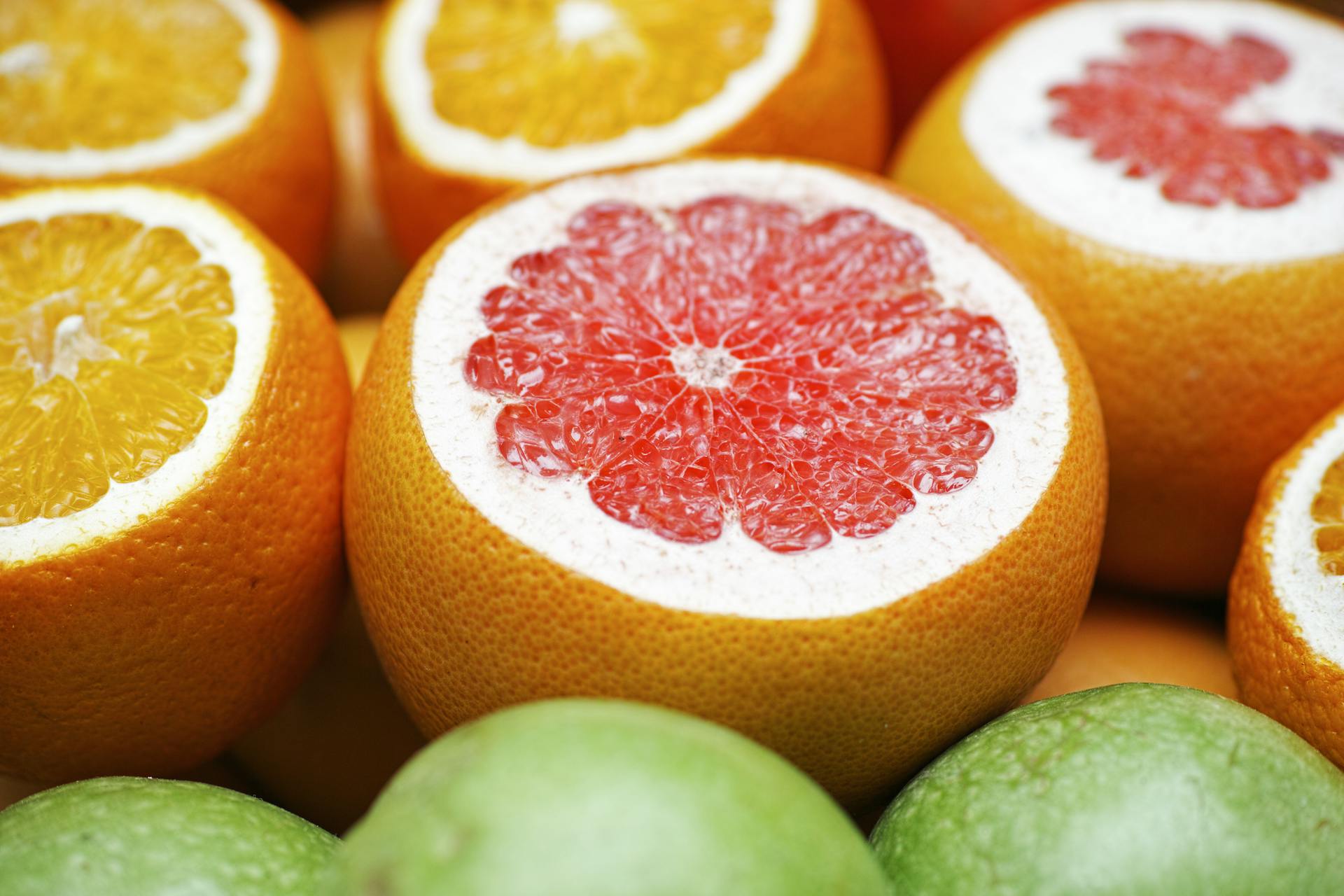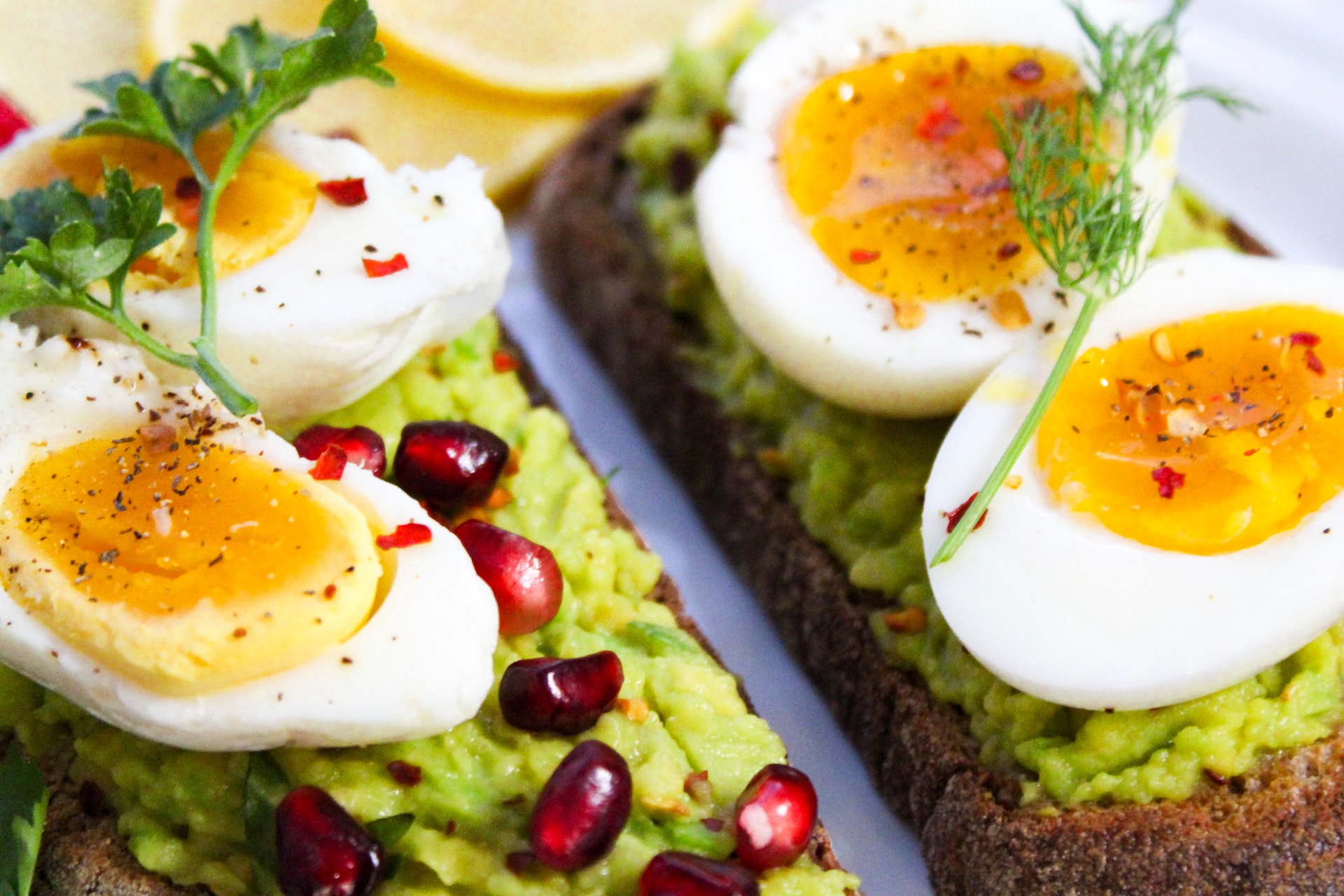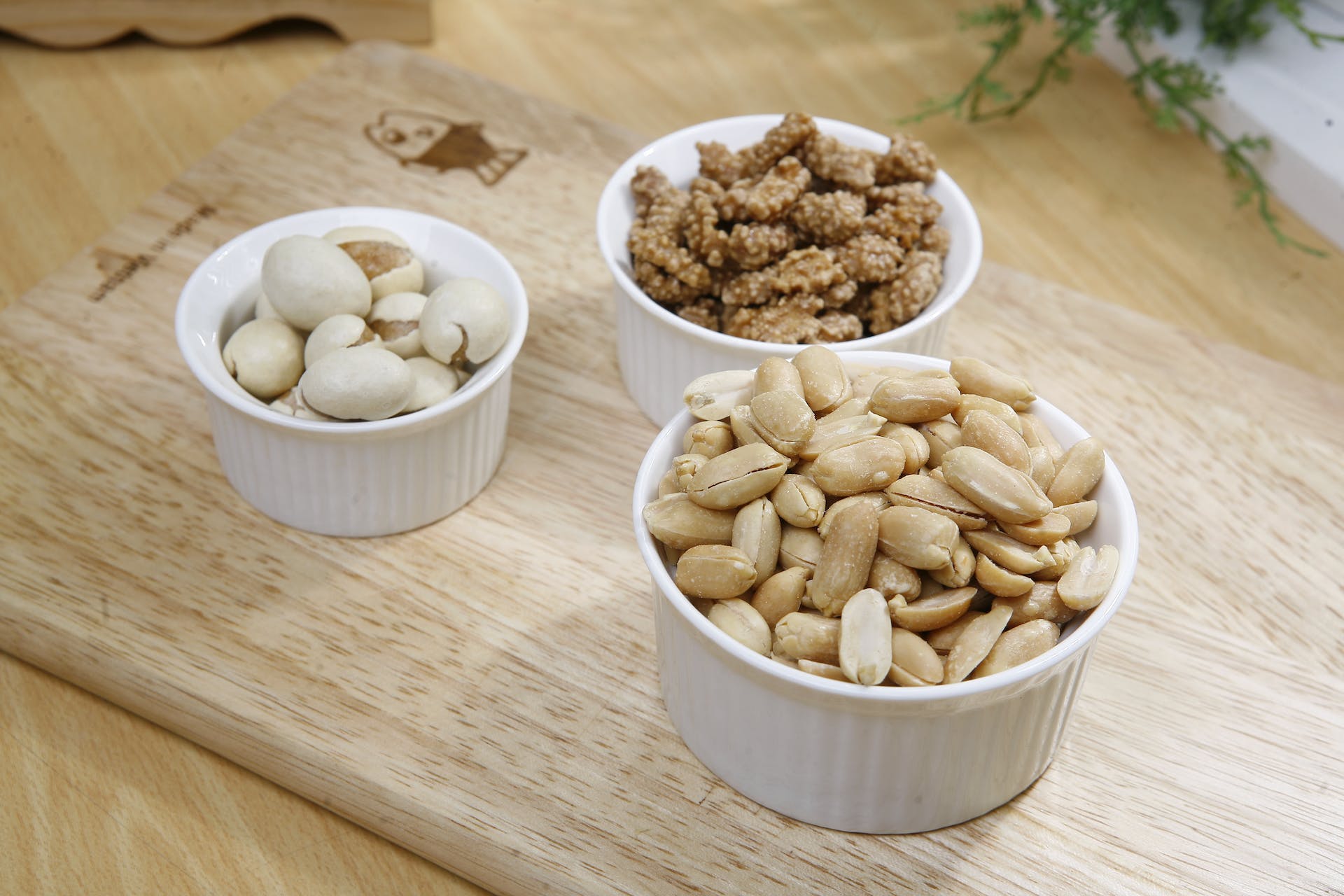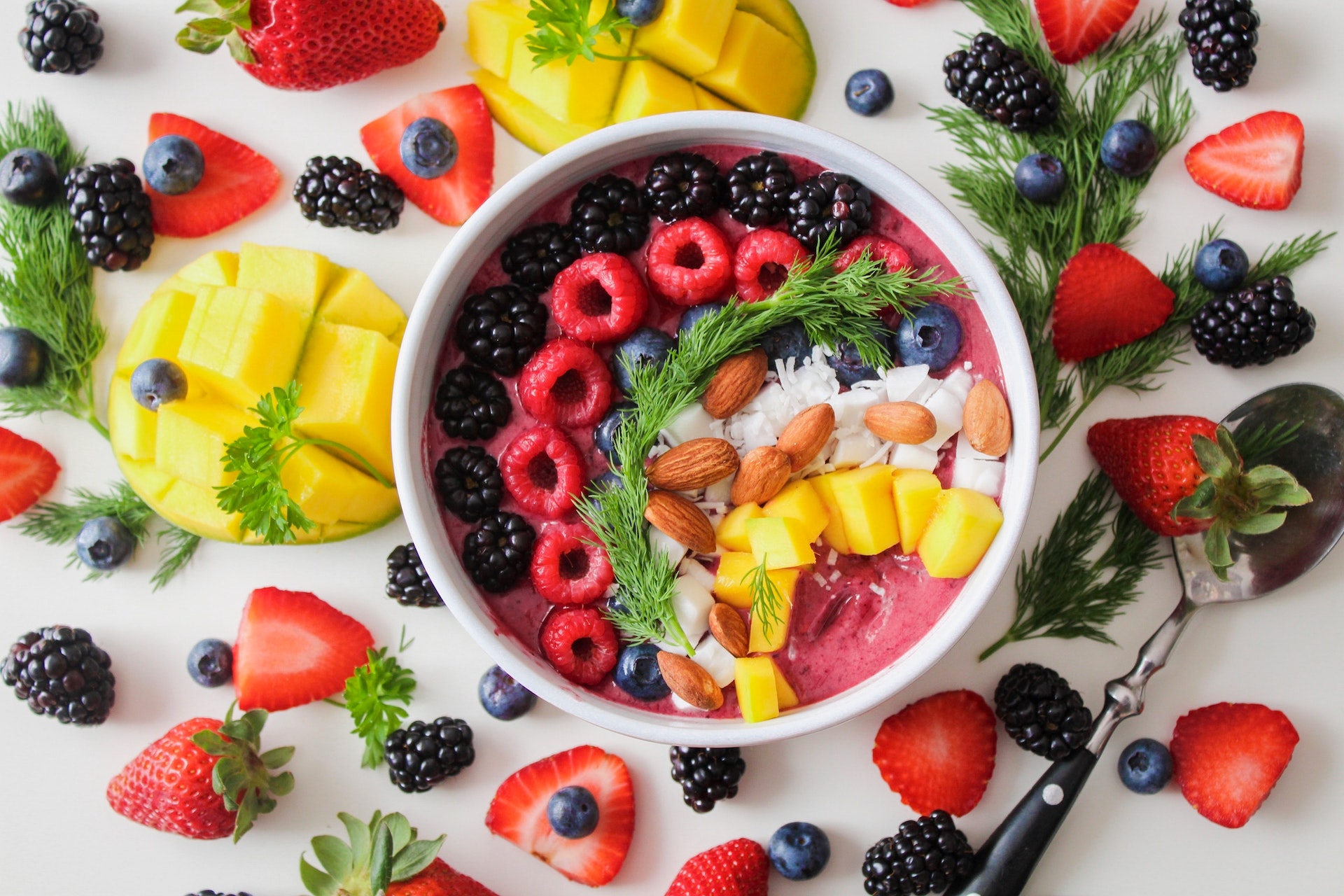
Maintaining a diverse and balanced diet during weight loss can ensure that the body gets all the nutrients it needs.
Make sure to consume enough protein, as it helps maintain muscle mass and satiety. It is recommended to choose high-protein foods such as lean meat, eggs, and beans.
Vitamins and minerals such as vitamin D, calcium, iron, and magnesium are also important in weight loss and can be supplemented by eating more vegetables, fruits, and whole grains.








Healthy ingredients can help improve metabolism and control weight during weight loss.
It is recommended to choose fiber-rich foods such as whole wheat bread, oats, beans and vegetables, which can help increase satiety and promote digestion.
Choose low-fat and low-sugar foods such as chicken breast, fish and fruits to help control calorie intake and maintain blood sugar balance.
Healthy fats such as nuts and olive oil are also indispensable sources of nutrition, which help maintain cardiovascular health and promote fat burning.
